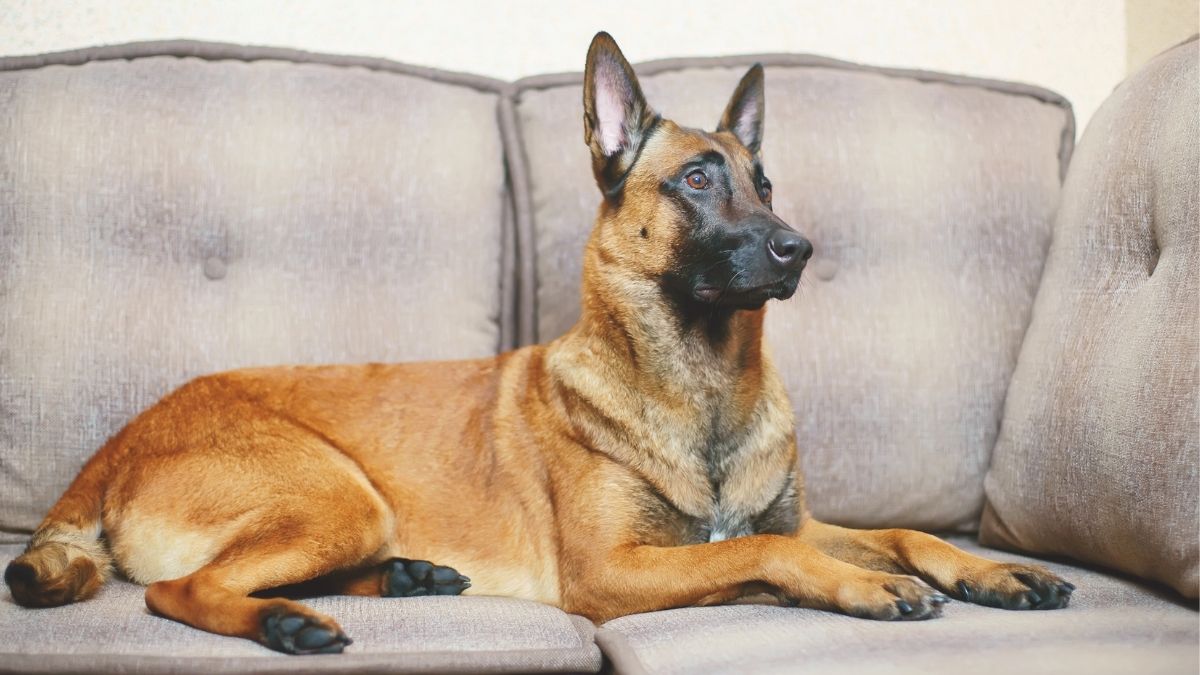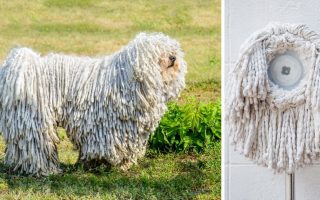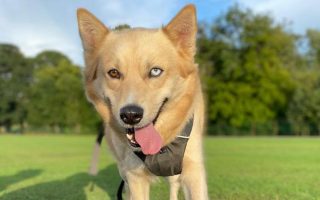For a long time, the Belgian Malinois hid under the shadow of its more popular lookalike, the German Shepherd.
This continued till Conan, a Belgian Malinois, brought the breed to the limelight.
Conan was a military dog who worked with NAVY Seal and was instrumental in bringing down ISIS Leader Abu Bakr al-Baghdadi.
Then interest in this breed rose, people got it as pets, and they all lived happily ever after. Or did they? Are Belgian Malinois good family dogs?
Popularity is a double-edged sword, as many of your favorite celebrities can attest. For dogs, there are many problems with being popular.
Besides sketchy breeders trying to gain profit at the expense of the dog’s well-being, people rush to acquire the popular dog in a bid to follow the trend without learning what it takes to pet parent it.
It happened to the Siberian Husky, the German Shepherd, and now, the Belgian Malinois.
To avoid rescue shelters filling up with abandoned Malinois, we’ve put up an informative article on this breed for you to better know if it is the right fit for you.
Conan is a hero, but that shouldn’t be the only reason you’d want this breed.
Belgian Malinois Dog Breed Information & Characteristics
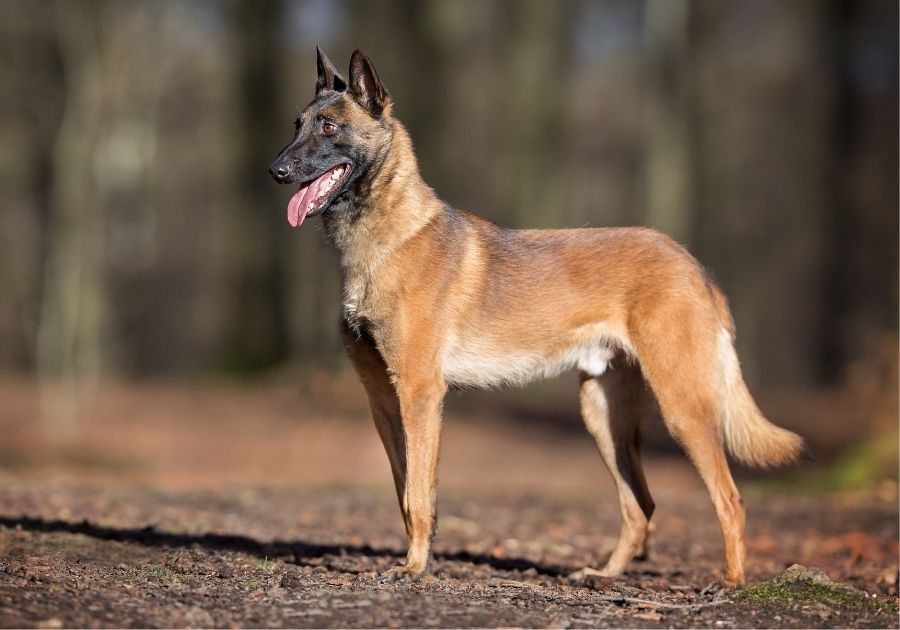
| Height | 22 to 26 inches |
| Weight | 40 to 80 pounds |
| Life Expectancy | 12 to 14 years |
| Coat | Double, short, dense |
| Colors | Fawn, mahogany |
| Temperament | Intelligent, gentle, aloof |
| Ideal For | Active owners experienced pet parents |
| Hypoallergenic | No |
| Breed Recognition | American Kennel Club, United Kennel Club |
| Puppy Price | $1,000 to $3,000 |
| General Health | High |
| Grooming Need | Low |
| Friendliness | Average |
| Energy Level | High |
| Trainability | High |
The Typical Belgian Malinois Temperament
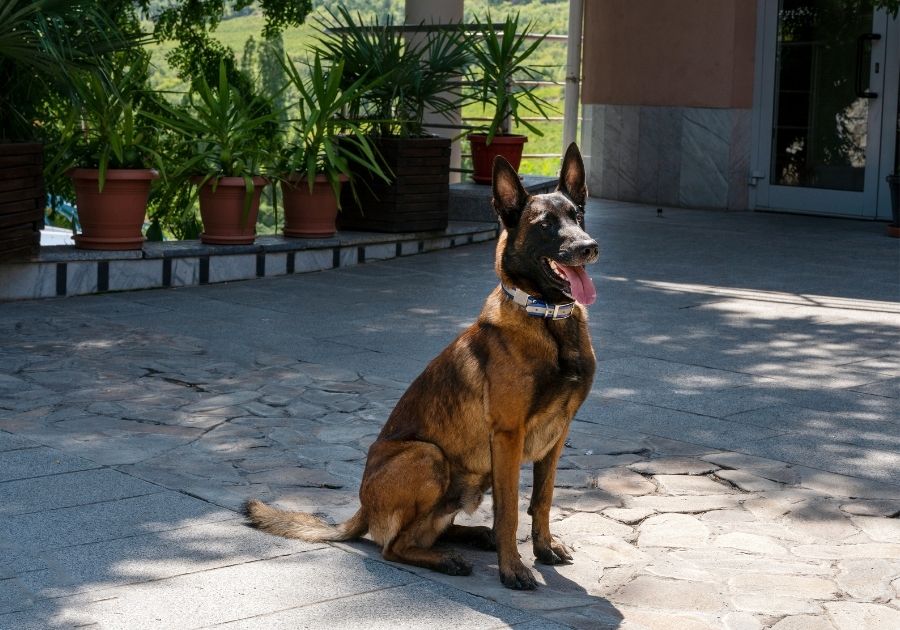
The Belgian Malinois was developed to be a herder, and it remains a worker at heart, making it an active breed.
What you must first understand about this breed is that idleness is the devil’s workshop.
When left with nothing to do, the Belgian Malinois will find something uncool to do.
With this love for activity comes stamina and a lot of courage, which explains why it is an asset to the military and police force.
The Belgian Malinois is loved in a family setting because of the affection and loyalty it shows towards its loved ones.
With strangers, it is aloof, which isn’t always a bad thing as that makes it a good choice for guard dog duty.
It is also an excellent watchdog as it is observant, a skill it picked up from its herding days.
Another advantage of the Belgian Malinois is its low level of aggression, especially when compared to the German Shepherd. It also tends to be lighter on the feet.
An important point to note on the Malinois is its high level of sensitivity. Harsh treatments should be avoided at all costs, or you risk losing your dog’s trust.
Overall, here’s the official temperament standard of the Malinois:
“The Belgian Malinois is a well-balanced, square dog… The dog is strong, agile, well-muscled, alert, and full of life. … Correct temperament is essential to the working character of the Belgian Malinois.
The breed is confident, exhibiting neither shyness nor aggressiveness in new situations. The dog may be reserved with strangers but is affectionate with his own people. He is naturally protective of his owner’s person and property without being overly aggressive.
The Belgian Malinois possesses a strong desire to work and is quick and responsive to commands from his owner.”
— American Belgian Malinois Club
Are Belgian Malinois Good Family Dogs?
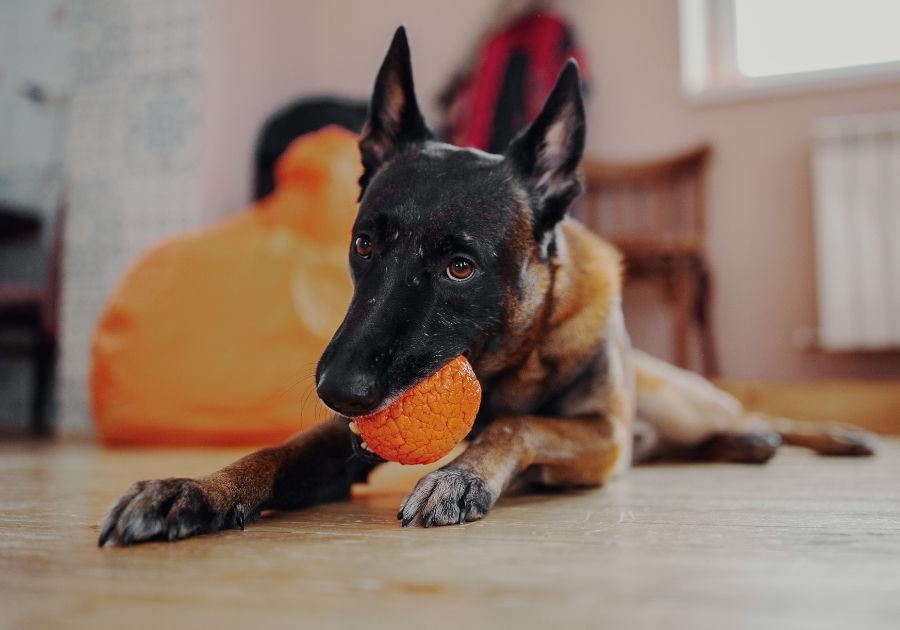
The Belgian Malinois was bred to be a worker, not a family companion. However, its temperament makes it able to adapt to a family setting.
The family becomes its herd, and this courageous shepherd dog makes it a duty to protect everyone in the family.
The Belgian Malinois is also good with kids but may develop the habit of nipping at their heels to get them to behave.
Toddlers may get frightened at this, so the Malinois is best suited for a house with older kids. You should also train it not to indulge in nipping.
All this is to say that the Belgian Malinois is a good family dog. However, it is not suitable for every family.
When the novelty of getting a new Belgian Malinois wears off (“Oh yeah, this breed went alongside Navy SEAL to take down the ISIS Leader. How cool is that?”), you should be sure you’re ready to handle its needs.
Some first-timers can succeed in handling the Malinois, but it is generally not advisable for them. If you’re an allergy sufferer, avoid the Malinois too.
Same for those who live in an apartment and who want a low-energy dog. Only active, experienced pet parents with a conducive environment can own this breed.
Is a Belgian Malinois Good with Other Dogs and Pets?
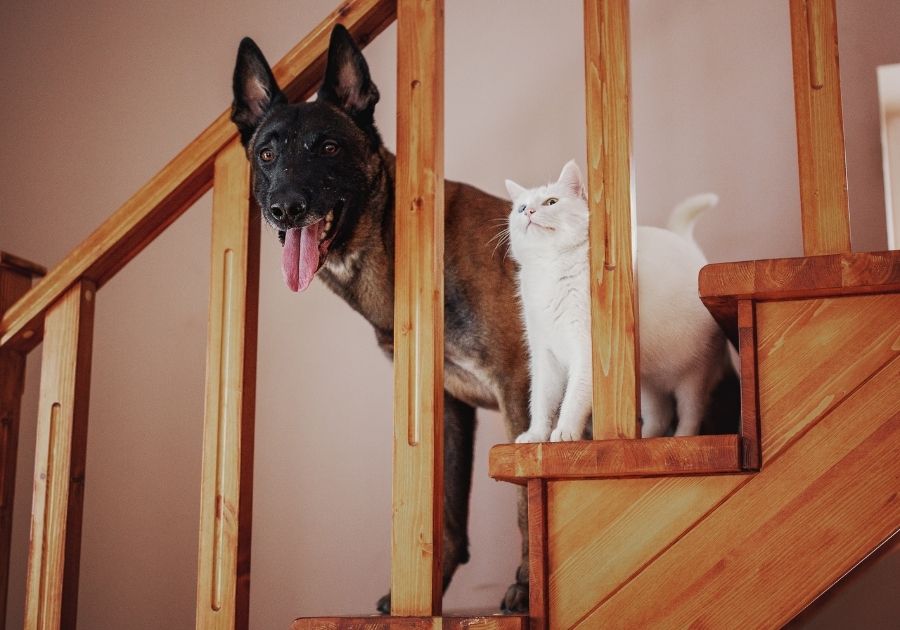
The Belgian Malinois can have trouble with other dogs and cats except they grew up together.
If you want to adopt a grown-up Malinois, you should either keep it far away from other animals or get it as a solo pet.
With animals that aren’t yours, be observant so your Malinois won’t start a fight. Proper socialization will curb this tendency, but you can never be too careful.
What About Friendliness?
There is no fixed level for every Malinois out there, but generally, they tend to be friendlier with their family members than with outsiders.
If you want a pet that will entertain guests with its antics, the Belgian Malinois is not a good choice.
Many Malinois are aloof towards strangers and this is part of the standards, but shyness and aggression are undesirable behaviors that can be caused by lack of socialization.
The well-mannered Malinois is never timid towards strangers, nor is it aggressive even while protecting its family.
Are Belgian Malinois Easy to Train?
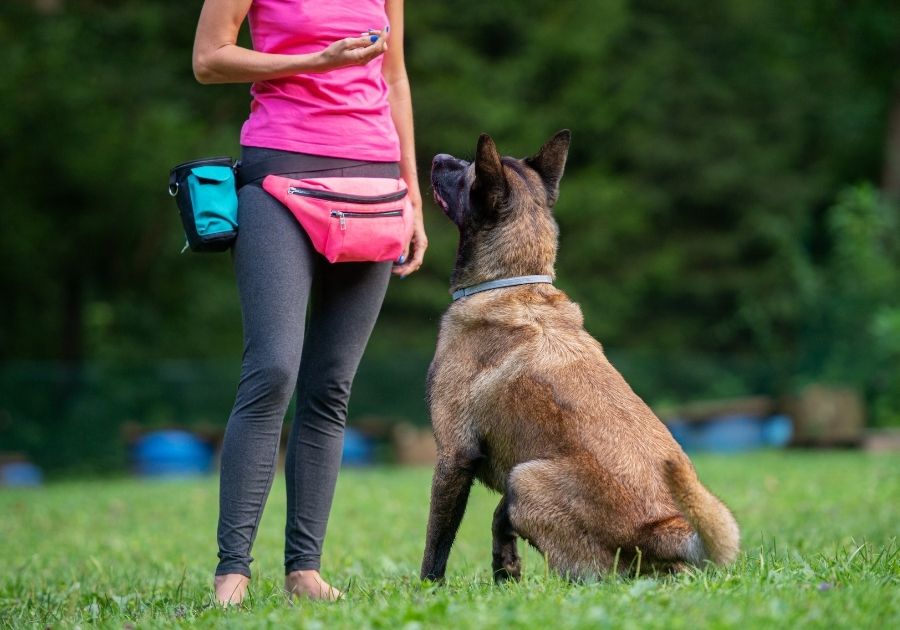
The intelligent and workaholic Belgian Malinois is trainable, but not at the same level as a Golden Retriever.
Every form of training with the Malinois should be geared towards productivity, which is why the Malinois is better with a family that has an activity for it, even if that is only guarding.
Socialization is a very important training method for many dogs, especially those with a wariness towards strangers.
Socialization often starts between the ages of 4 to 18 weeks. The best way to achieve this is to take your puppy to public places so it can get acquainted with new people and sights.
Also, invite as many friends to your home. This would get the puppy used to seeing strange faces in its abode.
Socialization also extends toward other animals and kids. Take your Belgian Malinois puppy to a dog park and observe as it plays with other dogs.
You can also register for a puppy class. Let it interact with your cat too, under supervision.
Teach your Malinois some basic commands that can help foster obedience.
Again, it is better to start early as a Malinois pup is less energetic and more willing to please. Basic dog commands include Sit, Come, Stay, and more.
Above all, spend a lot of quality time with your Malinois puppy and be gentle with it. Positive reinforcements are always the best option.
Belgian Malinois Grooming Requirements
The Belgian Malinois is not hypoallergenic, though it is short and smooth. It sheds heavily, which would be hazardous for an allergy sufferer.
However, the coat is easy to groom. The best tool to use for coat care is a bristle brush, and the Malinois only needs weekly brushing. Bathing should also be done once in a while.
Besides those, also trim its nails. Because the Malinois is an active breed, it is more at risk of injuring itself with long nails.
You can decide to trim the nails yourself or you hire the services of a groomer.
The ears are not floppy and thus, not prone to infections, but it still needs to be cleaned regularly.
Ear infections can affect any breed, and the Belgian Malinois is not an exception.
Also, check the eye regularly for any color changes that might be a sign of an infection, and clean out any gunk. Take care of the teeth, too.
Common Health Problems
The Belgian Malinois has a long lifespan that falls between 12 and 14 years.
It is also a healthy breed, not being susceptible to many conditions. However, it isn’t impervious to ailments. These include:
Hip Dysplasia
Hip dysplasia is an inherited condition that is common amongst many big dogs, though some small pooches like the French Bulldog get affected too.
It is caused by an abnormality in the hip joint, due to the looseness of the joint in question. Hip dysplasia can lead to arthritis and even lameness if not well treated.
Symptoms include reduced activities, painful limping, a refusal to engage in any physical activities, and lopsided movements.
Elbow Dysplasia
Elbow dysplasia is also mainly a genetic problem. It happens when the three bones of the elbow joint—the ulna, radius, and humerus—don’t fit well together.
Elbow dysplasia can also lead to lameness. The symptoms of elbow dysplasia are similar to those of hip dysplasia, and we can include swollen joints with stiffness.
Progressive Retinal Atrophy (PRA)
This is an irreversible eye-related disease that affects the retina and makes it deteriorate till the affected dog gets blind.
It is also genetic and can be prevented by not breeding any dog with this illness. An affected dog can learn to live a normal life with the help of its owner.
Anesthesia Sensitivity
Belgian Malinois are sensitive to anesthesia and could even get killed as a result.
Before proceeding to any surgery or other treatments that may require anesthesia, your vet must know this (if he/she doesn’t know already).
Diet & Exercise Requirements
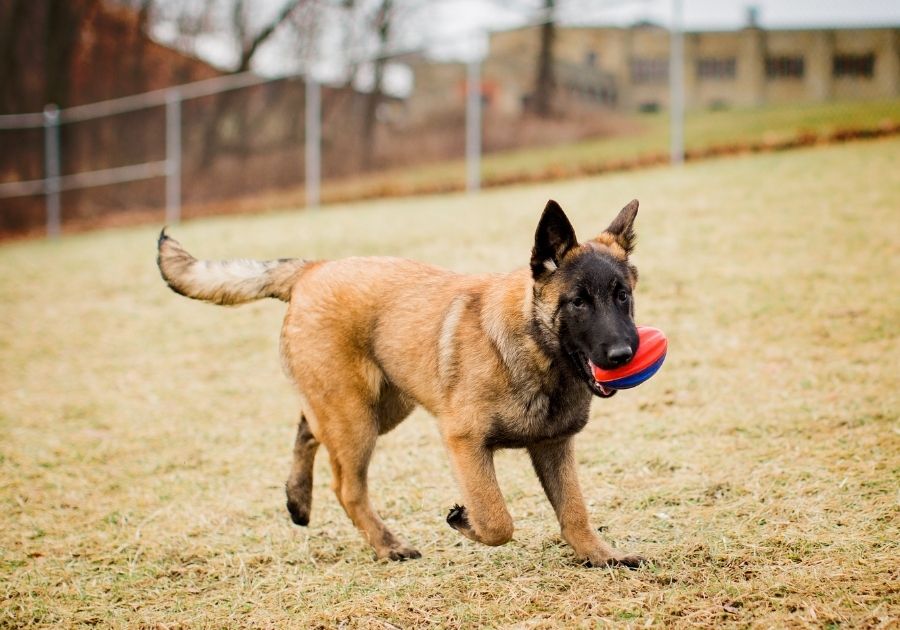
Nutrition and health are linked together, and so your Belgian Malinois should be fed with high quality, protein-filled meal.
Avoid any poor kibble, no matter how cheap. You should also not give them any meal with preservatives, artificial flavor, or salt.
The Belgian Malinois puppy of 6 weeks would need around 4 to 6 cups of meal per day. At this age, they should be on a strict puppy diet.
The 6 month Malinois pup needs 3 to 4 cups daily. Puppies should get a lot more protein than adults because they are in the developmental stage.
Senior Malinois also needs a lot of protein, but a lesser amount than others.
Is the Belgian Malinois Right For You?
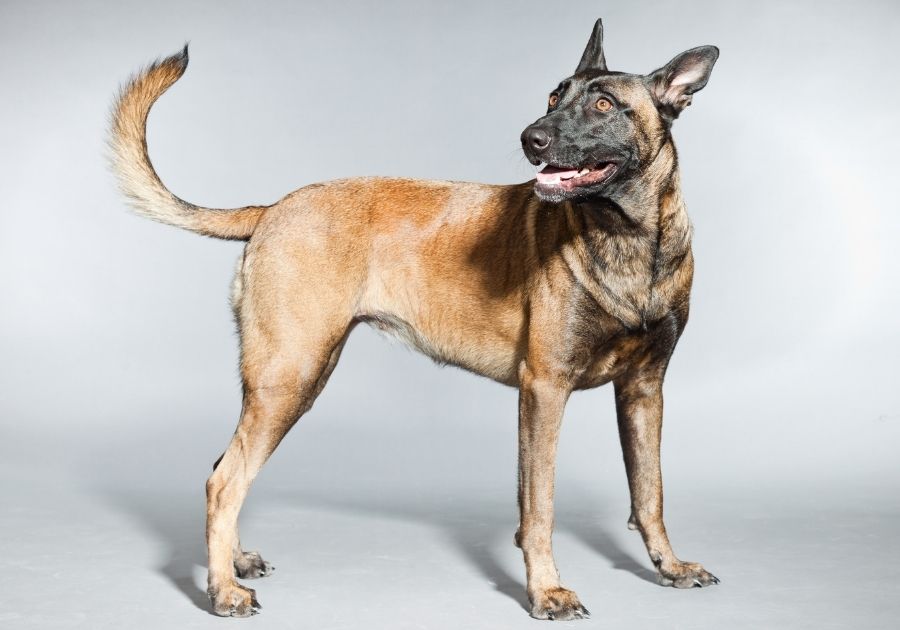
Should you get a Belgian Malinois, or would you rather look for other options?
At this point, you might have made the decision already, but if not, here’s a comparison to help you make up your mind.
Pros
- Low grooming need
- Good guard dog and watchdog
- Good exercise partner
- Good with kids
Cons
- The energy level might be overwhelming for some pet parents
- Not suitable for an apartment
- Not the best choice for a new pet parent as it can be challenging to train.
Is the Belgian Malinois aggressive?
The Belgian Malinois is territorial and very protective. It defends its family and loved ones like its herd.
However, aggression toward humans is considered an undesirable behavior with the Belgian Malinois.
Is the Belgian Malinois the same as the German Shepherd?
The Belgian Malinois and the German Shepherd look alike, but they do not share similar ancestry nor are they the same breed.
The Malinois is a different pure breed, not even a German Shepherd mix as some claim.
Is a Belgian Malinois a good first dog?
While some new pet parents may try to handle a Belgian Malinois, it isn’t the best choice for them.
The Malinois is very energetic and independent, so can be challenging to train and handle.
Can a Belgian Malinois be a house dog?
The Belgian Malinois was bred to be a worker more than a companion, but it fits well when the owner is active and experienced. It also needs enough space and a job to do.
Final Thoughts
Want to get a Belgian Malinois as a pet? It is a good choice, but one that should be made void of sentiments.
The Malinois is not for everyone but can make a good family dog for the right people. Be sure your family is one of those.
You May Also Like:
Belgian Malinois vs German Shepherd: 11 Key Differences

